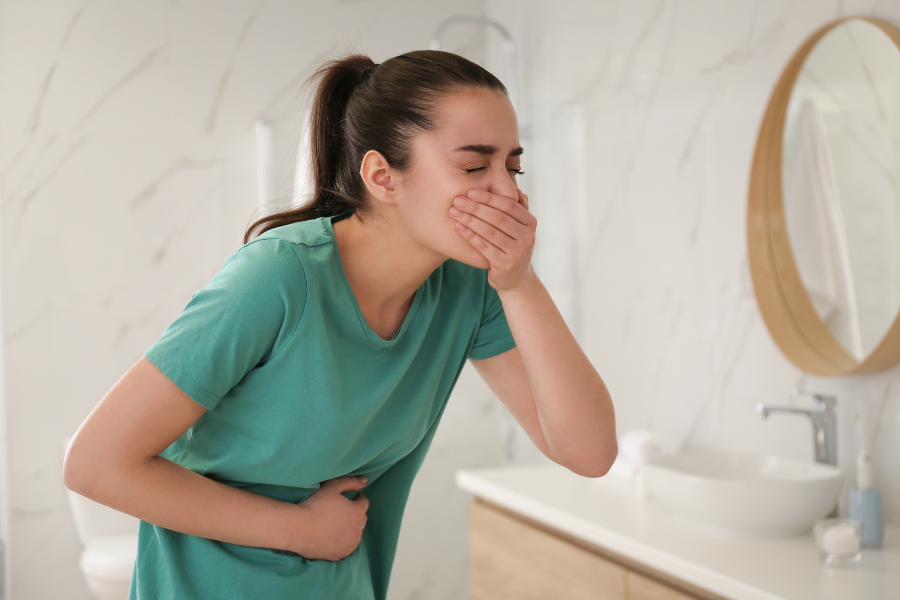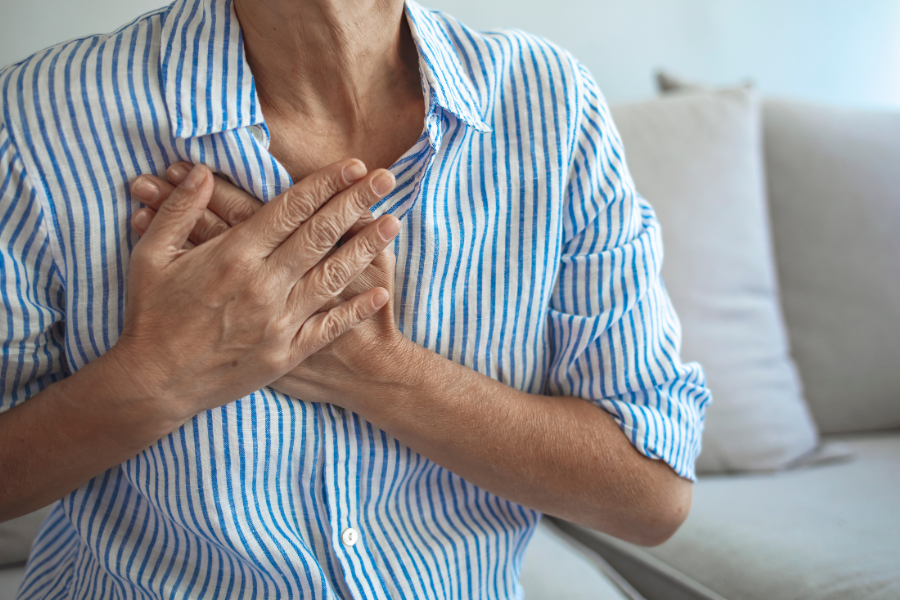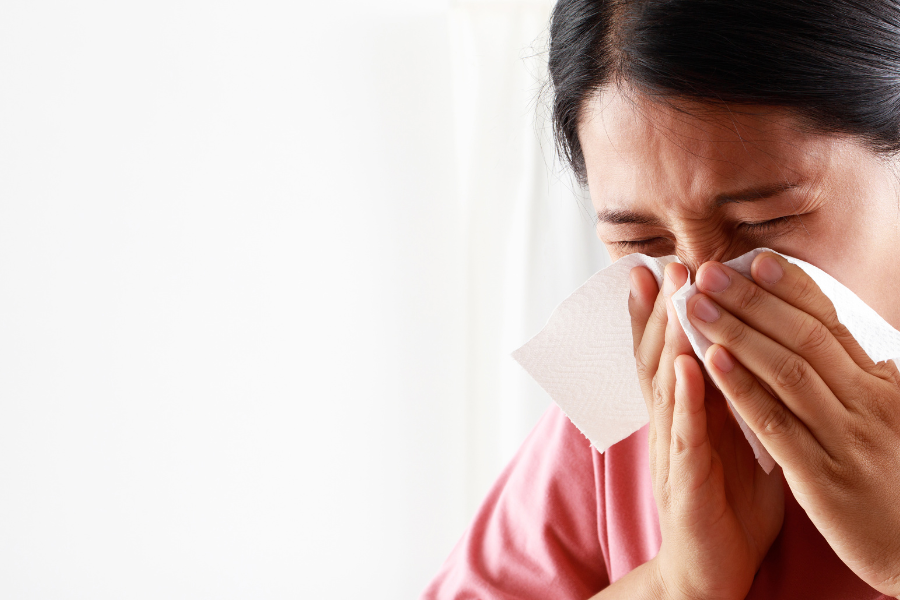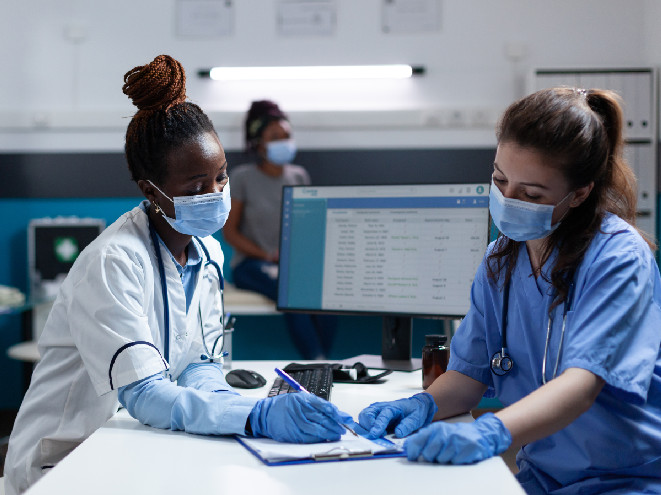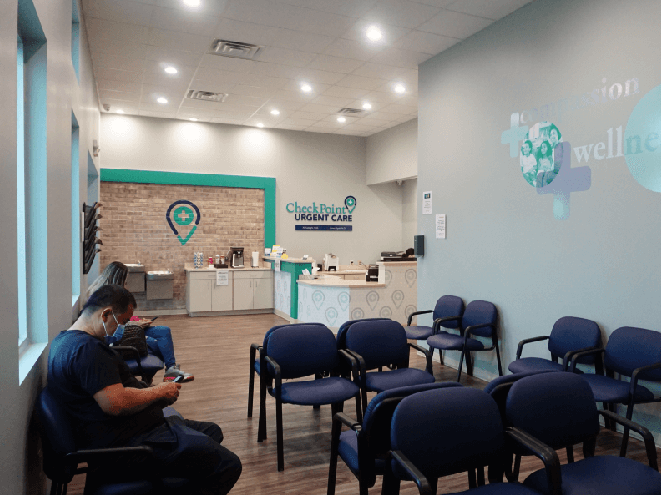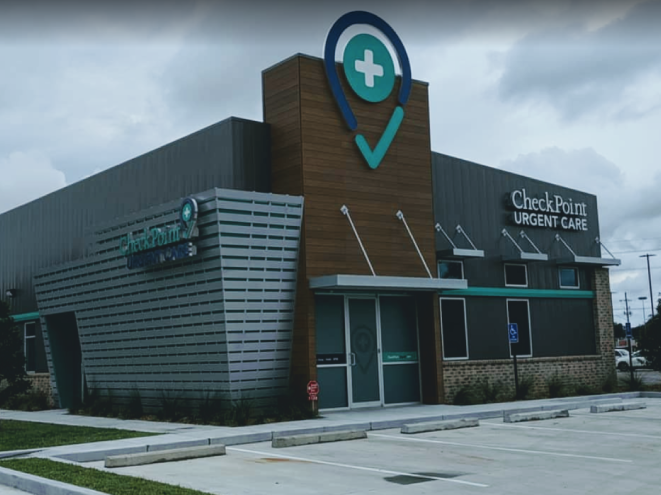Food poisoning is a common illness that can affect anyone who consumes contaminated food or beverages. It is caused by harmful bacteria, viruses, or parasites that can grow in food if it is not stored, cooked, or handled properly. Symptoms of food poisoning can range from mild to severe and can include diarrhea, vomiting, stomach cramps, and fever. In some cases, food poisoning can lead to more serious complications, such as dehydration, kidney failure, or even death. Learn more about food poisoning and when to seek urgent care.
Food Poisoning
To avoid food poisoning, it is important to take precautions when handling and preparing food. This includes washing your hands thoroughly before and after handling food, cooking meat and poultry to the appropriate temperature, and refrigerating perishable foods promptly. You should also be aware of the symptoms of food poisoning and seek medical attention if you experience any of them. In this article, we will explore the causes, symptoms, and treatments of food poisoning, as well as provide tips for preventing it from occurring in the first place.
Symptoms
If you have food poisoning, you may experience a range of symptoms that can vary depending on the source of the infection. Here are some of the most common symptoms you may experience:
- Diarrhea: This is the most common symptom of food poisoning. You may experience loose, watery stools several times a day.
- Stomach pain or cramps: You may experience abdominal pain or cramps, which can be severe in some cases.
- Nausea: You may feel queasy or sick to your stomach and even vomit.
- Fever: You may have a fever, which is a sign that your body is fighting an infection.
- Headache: You may experience a headache, which can be caused by dehydration or other factors.
- Muscle aches: You may experience muscle aches or pains, which can be caused by dehydration or other factors.
- Fatigue: You may feel tired or weak, which can be caused by dehydration or other factors.
Symptoms usually start within a few hours to several days after eating contaminated food. Most people with food poisoning have mild illness and get better without treatment. However, some people may have severe illness or complications, such as dehydration, bloody diarrhea, or kidney failure.
If you have any symptoms that are severe, including bloody diarrhea, high fever, or signs of dehydration, you should see a doctor. It is also important to seek medical attention if you have symptoms that last for more than a few days or if you have a weakened immune system due to a medical condition or medication.
Causes
Food poisoning can occur when you consume food or drink contaminated with harmful bacteria, viruses, parasites, or toxins. These contaminants can come from a variety of sources, including:
- Improper food handling: This can include not washing your hands before handling food, using dirty utensils or cutting boards, or cross-contaminating raw meat with other foods.
- Improper food storage: Keeping food at the wrong temperature, such as leaving it out at room temperature for too long, can allow bacteria to grow and multiply.
- Contaminated water: Consuming water that has been contaminated with fecal matter or other harmful substances can cause food poisoning.
- Uncooked or undercooked food: Eating raw or undercooked meat, poultry, fish, or eggs can expose you to harmful bacteria such as Salmonella, E. coli, or Campylobacter.
- Food from unsafe sources: Consuming food from unregulated or unsanitary sources, such as street vendors or unlicensed food trucks, can increase your risk of food poisoning.
Symptoms of food poisoning can vary depending on the type of contaminant and the severity of the infection. It is essential to seek medical attention if you experience severe symptoms such as bloody diarrhea, dehydration, or a high fever. In some cases, food poisoning can lead to long-term health complications, particularly for vulnerable populations such as young children, pregnant women, and older adults.
Treatment
There is no specific treatment for food poisoning. The goal of treatment is to relieve symptoms and prevent dehydration. Treatment may include:
- Rest: Getting plenty of rest helps your body heal.
- Fluids: Drink plenty of fluids, such as water, sports drinks, or clear broth. If you are vomiting or have diarrhea, you may need to drink more fluids than usual.
- Electrolytes: Electrolytes are minerals that help your body function properly. If you are vomiting or have diarrhea, you may lose electrolytes. You can replace electrolytes by drinking sports drinks or rehydration solutions.
- Over-the-counter medications: Over-the-counter medications, such as Pepto-Bismol or Imodium, can help relieve symptoms such as nausea and diarrhea.
- Antibiotics: Antibiotics are not usually needed for food poisoning. However, antibiotics may be prescribed if your doctor suspects you have a more serious infection, such as salmonellosis.
Prevention
To prevent food poisoning, it is essential to follow safe food handling practices, such as washing your hands before handling food, cooking food to the appropriate temperature, and storing food at the proper temperature. Taking these precautions can reduce your risk of food poisoning, and enjoy safe, healthy meals.
When To Visit CheckPoint Urgent Care
You should see a doctor if you experience severe symptoms, such as high fever, bloody diarrhea, or dehydration. You should also see a doctor if you are pregnant, have a weakened immune system, or are elderly.
CheckPoint Urgent Care is your go-to for fast care in Louisiana, open seven days a week for your convenience. No appointments are necessary — we gladly welcome walk-ins. Experience our efficiency with in-house lab testing, ensuring fast results that will have you feeling better in no time. Your well-being is our top priority at CheckPoint Urgent Care.

